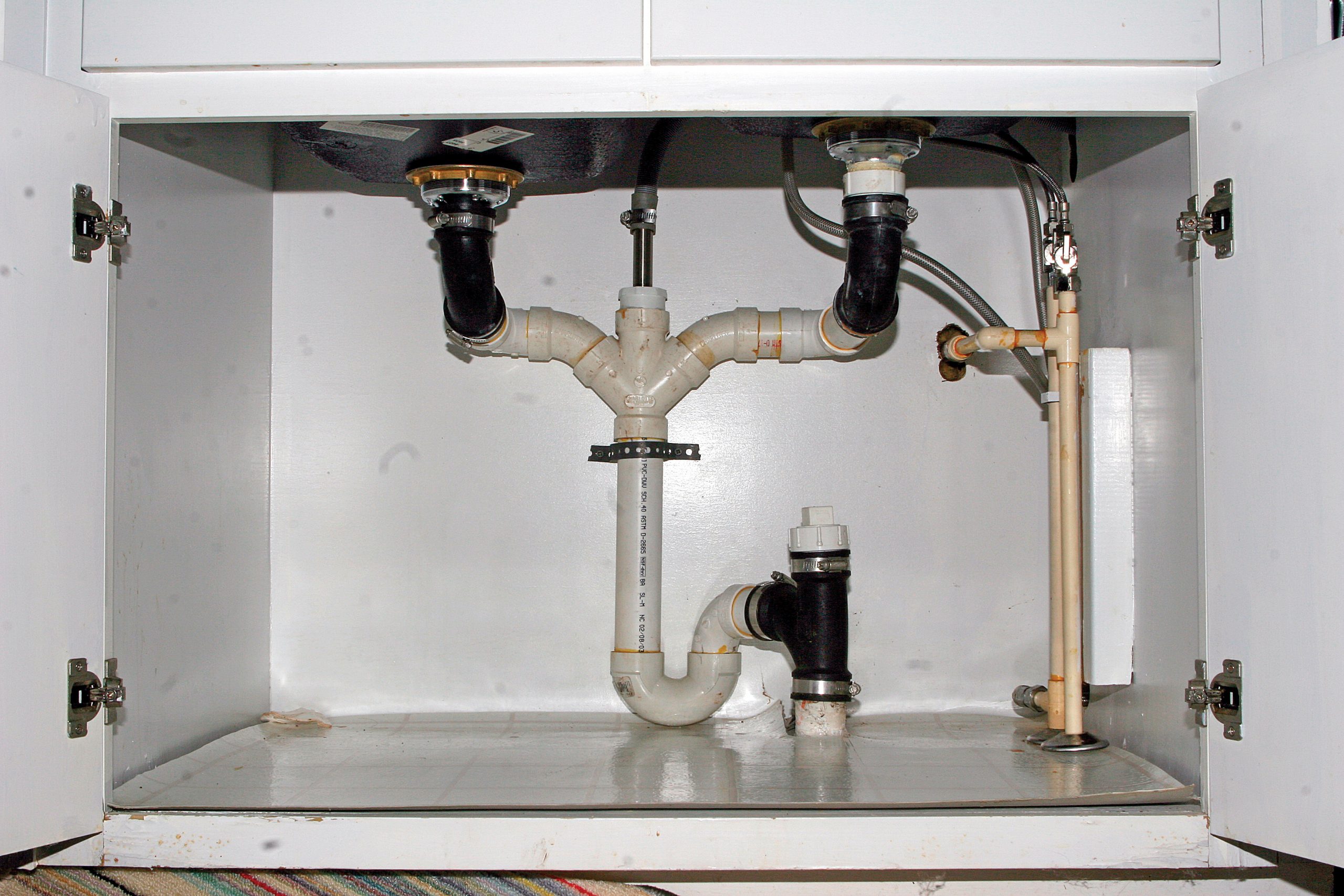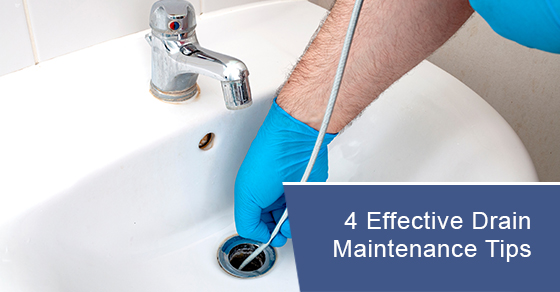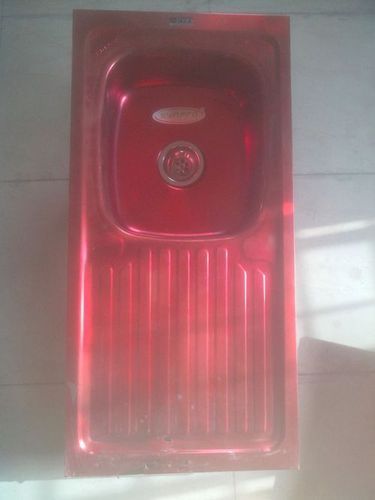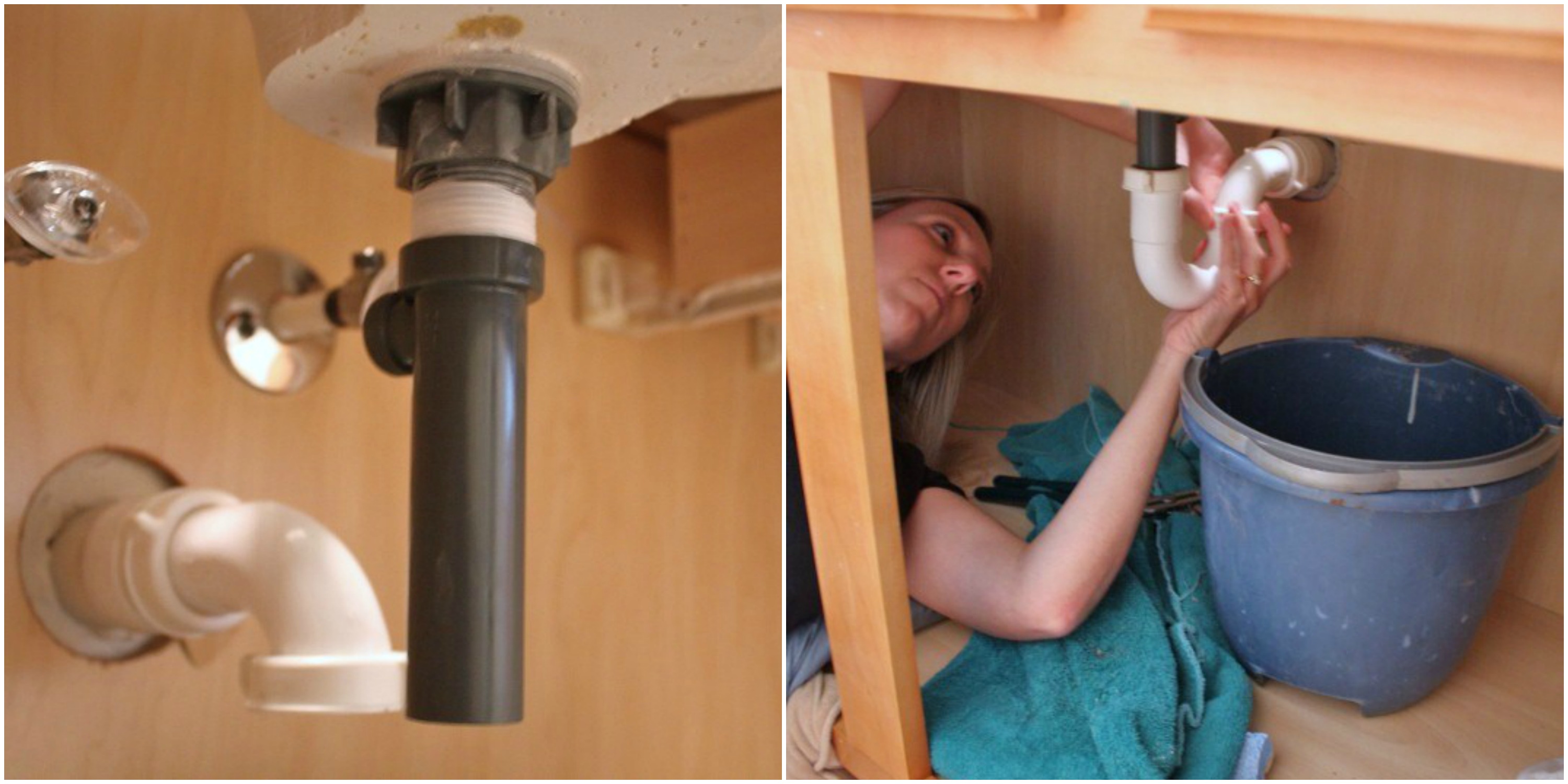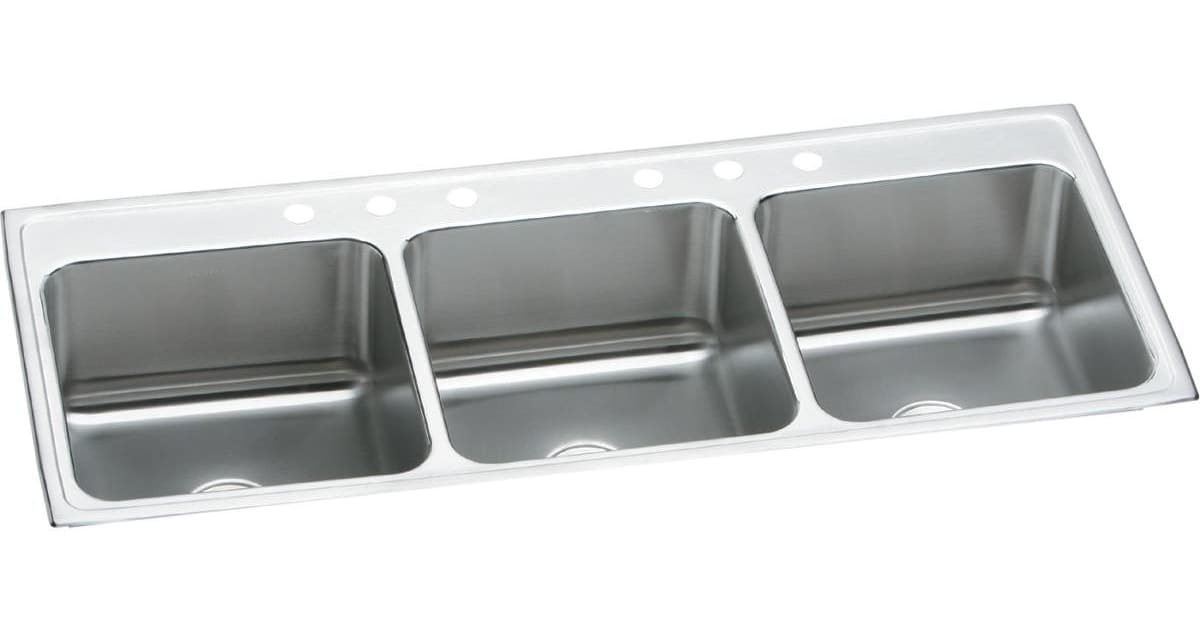Dealing with kitchen sink drain problems can be a frustrating and messy experience. From clogs to leaks, there are a variety of issues that can arise with your kitchen sink drain. But fear not, as most of these problems can be easily fixed with some simple solutions. In this article, we will discuss the top 10 most common kitchen sink drain problems and how to solve them.Common Kitchen Sink Drain Problems and Solutions
Clogs are one of the most common kitchen sink drain problems. They can be caused by a buildup of food debris, grease, or even foreign objects like utensils or toys. One of the best ways to fix a clogged kitchen sink drain is by using a plunger. Place the plunger over the drain and push down and pull up to create suction. This should dislodge the clog and allow water to flow freely again. You can also try using a drain snake or a mixture of baking soda and vinegar to dissolve the clog.How to Fix a Clogged Kitchen Sink Drain
Aside from clogs, there are several other common issues that can arise with your kitchen sink drain. Leaks, foul odor, slow draining water, and noises are all signs of potential problems. To solve these issues, you may need to check and tighten any loose connections, clean the drain and pipes with a mixture of baking soda and vinegar, or replace any damaged parts. Regular maintenance and proper use of your kitchen sink can also prevent these problems from occurring.5 Common Kitchen Sink Drain Issues and How to Solve Them
When faced with a kitchen sink drain problem, it's important to troubleshoot the issue before attempting to fix it. This involves identifying the source of the problem and determining the best course of action. For example, if you notice that only one side of your double sink is draining slowly, the issue may be limited to that side and can be fixed with a plunger or drain snake. However, if both sides are affected, the clog may be further down the pipes and require professional help.Troubleshooting Kitchen Sink Drain Problems
As mentioned earlier, using a plunger, drain snake, or a mixture of baking soda and vinegar can effectively unclog a kitchen sink drain. However, if these methods do not work, there may be a more stubborn clog that requires a stronger solution. You can try using a chemical drain cleaner, but be cautious as these can be harmful to the environment and may damage your pipes. For a more eco-friendly option, you can use a homemade drain cleaner made of equal parts baking soda and salt, followed by hot water.How to Unclog a Kitchen Sink Drain
A slow draining kitchen sink can be caused by a clog, but it can also be a sign of a bigger issue such as a damaged or collapsed pipe. If a plunger or drain snake doesn't solve the problem, it may be necessary to call a professional plumber to inspect and repair the pipes. Regular maintenance and avoiding pouring grease and food waste down the drain can also help prevent slow draining issues.Dealing with Slow Draining Kitchen Sink Problems
Prevention is always better than finding a cure, and this applies to kitchen sink drain problems as well. By following a few simple tips, you can avoid potential issues and keep your kitchen sink drain running smoothly. These include avoiding pouring grease and oil down the drain, using a drain strainer to catch food debris, and regularly cleaning your drain and pipes with a mixture of baking soda and vinegar.Preventing Kitchen Sink Drain Problems
A leaky kitchen sink drain can not only cause a mess, but it can also lead to water damage and mold growth. To repair a leaky drain, you may need to replace the O-ring, tighten any loose connections, or replace the entire drain assembly. If the leak is coming from the pipes, it may be necessary to replace them. It's important to address leaks as soon as possible to prevent further damage.How to Repair a Leaky Kitchen Sink Drain
Regular maintenance is key to keeping your kitchen sink drain in good condition. This includes cleaning the drain and pipes regularly, avoiding pouring harmful substances down the drain, and checking for any leaks or loose connections. It's also important to use your kitchen sink properly, such as running hot water while using the garbage disposal and avoiding pouring large amounts of food waste down the drain.Kitchen Sink Drain Maintenance Tips
If your kitchen sink drain is beyond repair, it may be necessary to replace it. This can be a daunting task, but with the right tools and instructions, it can be done easily. The first step is to turn off the water supply and remove any remaining water from the sink. Then, you will need to disconnect the drain from the sink and remove the old drain assembly. Finally, you can install the new drain assembly and reconnect the pipes. If you are not confident in doing this yourself, it's best to call a professional plumber. In conclusion, there are several common kitchen sink drain problems that can be easily solved with the right tools and techniques. By taking preventative measures and properly maintaining your kitchen sink, you can avoid these issues altogether. However, if you do encounter a problem, remember to troubleshoot before attempting to fix it and don't hesitate to seek professional help if needed. A functioning kitchen sink drain is essential for a smoothly running kitchen, so it's important to address any issues promptly. Replacing a Kitchen Sink Drain: Step-by-Step Guide
Preventing Kitchen Sink Drain Problems

Proper Maintenance and Care
 When it comes to the functionality of your kitchen, the sink and its drain are essential components. However, over time, these drains can become clogged and cause a whole host of problems. Not only can a clogged kitchen sink drain be a nuisance, but it can also lead to more significant issues such as leaks and water damage. To prevent these problems, it is crucial to properly maintain and care for your kitchen sink drain.
Regularly Cleaning the Drain
One of the most effective ways to prevent kitchen sink drain problems is to clean the drain regularly. Over time, food particles, grease, and other debris can build up and cause a blockage in the drain. To avoid this, it is recommended to pour a pot of boiling water down the drain once a week. This will help dissolve any built-up debris and keep the drain flowing smoothly.
When it comes to the functionality of your kitchen, the sink and its drain are essential components. However, over time, these drains can become clogged and cause a whole host of problems. Not only can a clogged kitchen sink drain be a nuisance, but it can also lead to more significant issues such as leaks and water damage. To prevent these problems, it is crucial to properly maintain and care for your kitchen sink drain.
Regularly Cleaning the Drain
One of the most effective ways to prevent kitchen sink drain problems is to clean the drain regularly. Over time, food particles, grease, and other debris can build up and cause a blockage in the drain. To avoid this, it is recommended to pour a pot of boiling water down the drain once a week. This will help dissolve any built-up debris and keep the drain flowing smoothly.
Invest in a Drain Strainer
 Another important step in preventing kitchen sink drain problems is to invest in a drain strainer. These inexpensive devices fit over the drain and catch food particles, preventing them from going down the drain and causing a clog. Emptying the strainer regularly will help keep your drain free from debris and functioning properly.
Avoid Pouring Grease Down the Drain
One of the most common causes of kitchen sink drain problems is pouring grease and oil down the drain. When hot grease cools, it solidifies and can create a blockage in the drain. It is crucial to dispose of grease and oil in a separate container and throw it in the trash instead of pouring it down the drain.
Another important step in preventing kitchen sink drain problems is to invest in a drain strainer. These inexpensive devices fit over the drain and catch food particles, preventing them from going down the drain and causing a clog. Emptying the strainer regularly will help keep your drain free from debris and functioning properly.
Avoid Pouring Grease Down the Drain
One of the most common causes of kitchen sink drain problems is pouring grease and oil down the drain. When hot grease cools, it solidifies and can create a blockage in the drain. It is crucial to dispose of grease and oil in a separate container and throw it in the trash instead of pouring it down the drain.
Use Baking Soda and Vinegar
 If you do notice slow draining or a foul odor coming from your kitchen sink, using a mixture of baking soda and vinegar can help. Pour half a cup of baking soda down the drain, followed by half a cup of vinegar. Let it sit for a few minutes before pouring hot water down the drain. This natural solution can help break down any buildup and keep your drain clean and free-flowing.
Call a Professional
If you do encounter a severe kitchen sink drain problem, it is best to call a professional plumber. They have the tools and expertise to unclog your drain and identify any underlying issues that may be causing the problem.
By following these tips and taking proper care of your kitchen sink drain, you can prevent common problems and keep your kitchen functioning smoothly. Remember to clean your drain regularly, use a strainer, avoid pouring grease down the drain, and try natural solutions before calling a professional. With these preventative measures, you can ensure your kitchen sink drain remains in excellent condition for years to come.
If you do notice slow draining or a foul odor coming from your kitchen sink, using a mixture of baking soda and vinegar can help. Pour half a cup of baking soda down the drain, followed by half a cup of vinegar. Let it sit for a few minutes before pouring hot water down the drain. This natural solution can help break down any buildup and keep your drain clean and free-flowing.
Call a Professional
If you do encounter a severe kitchen sink drain problem, it is best to call a professional plumber. They have the tools and expertise to unclog your drain and identify any underlying issues that may be causing the problem.
By following these tips and taking proper care of your kitchen sink drain, you can prevent common problems and keep your kitchen functioning smoothly. Remember to clean your drain regularly, use a strainer, avoid pouring grease down the drain, and try natural solutions before calling a professional. With these preventative measures, you can ensure your kitchen sink drain remains in excellent condition for years to come.

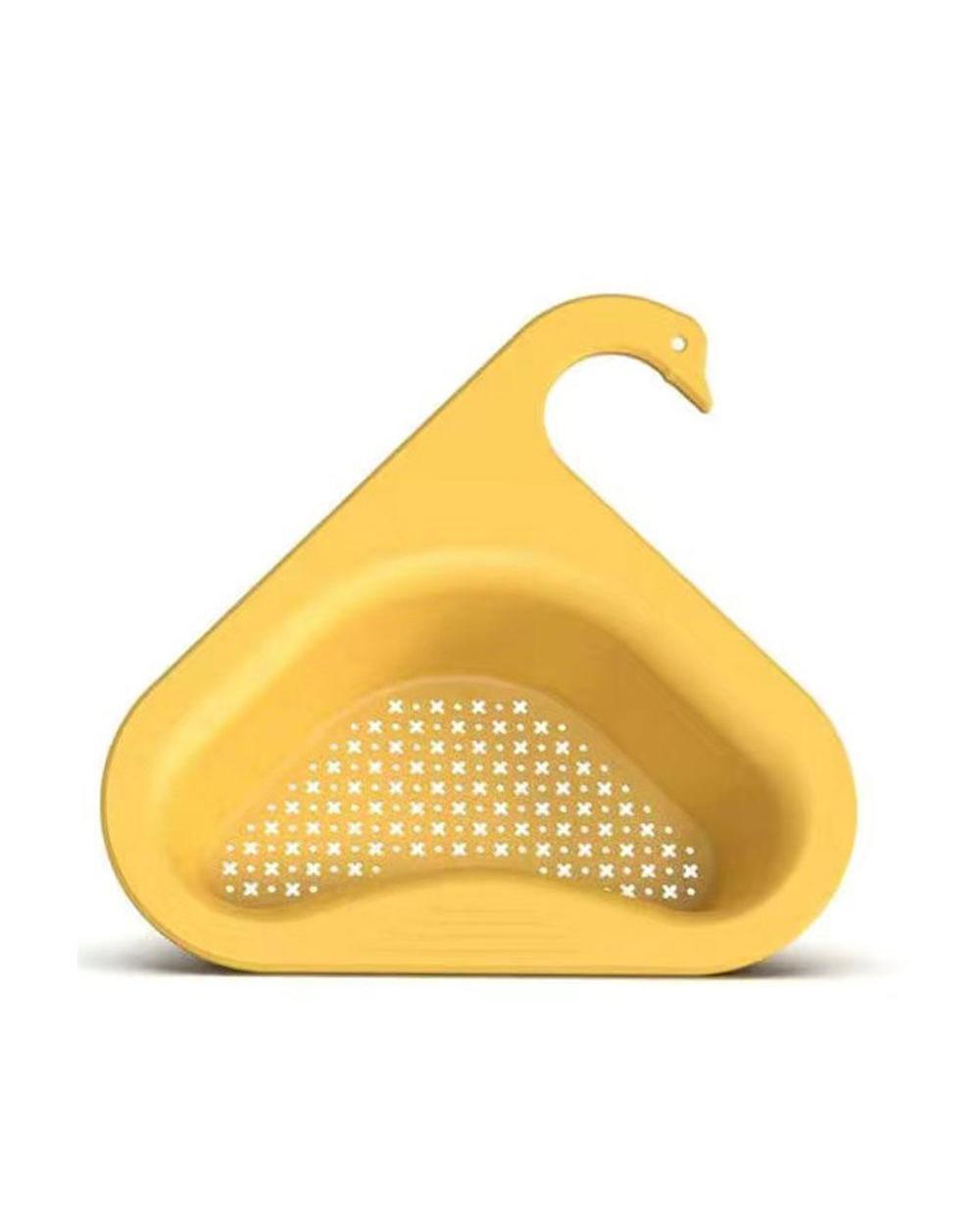

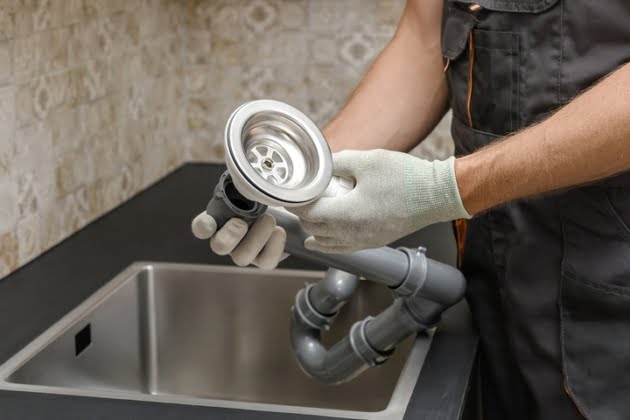


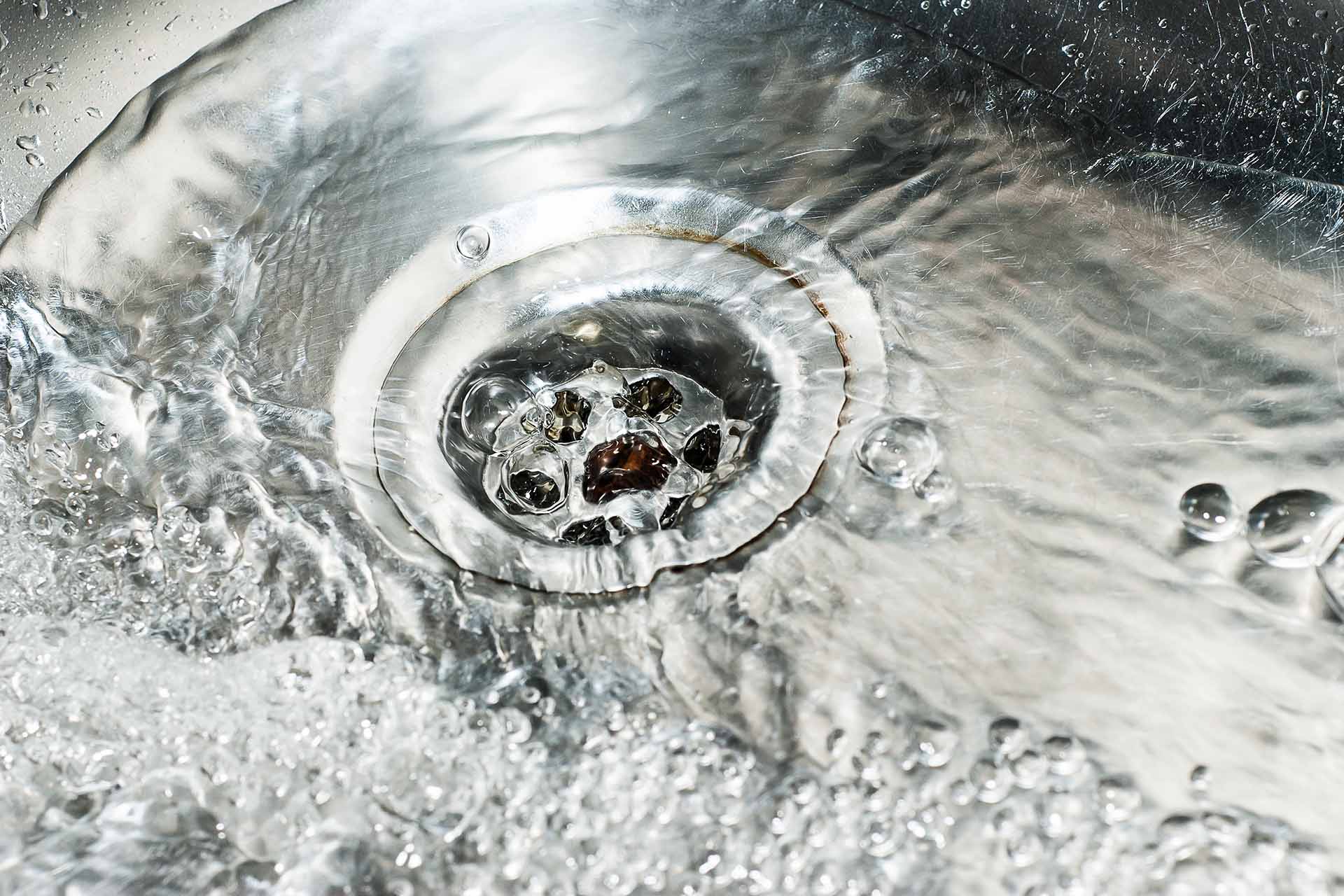
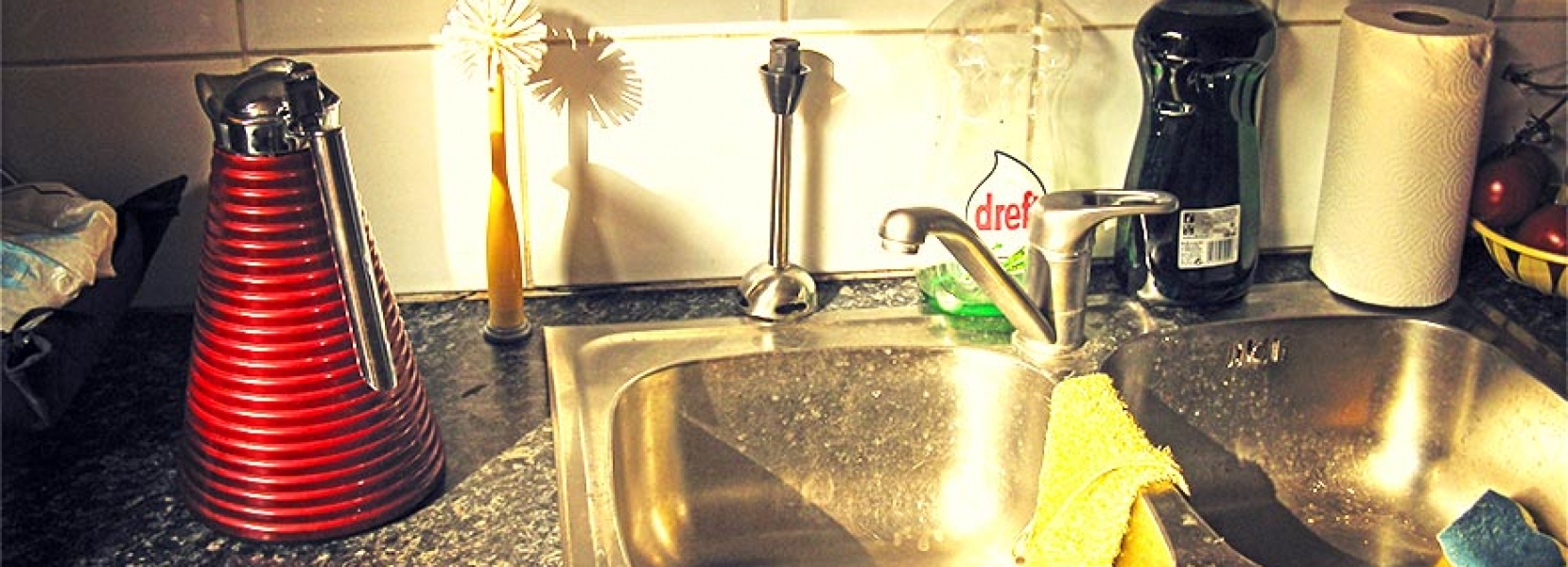
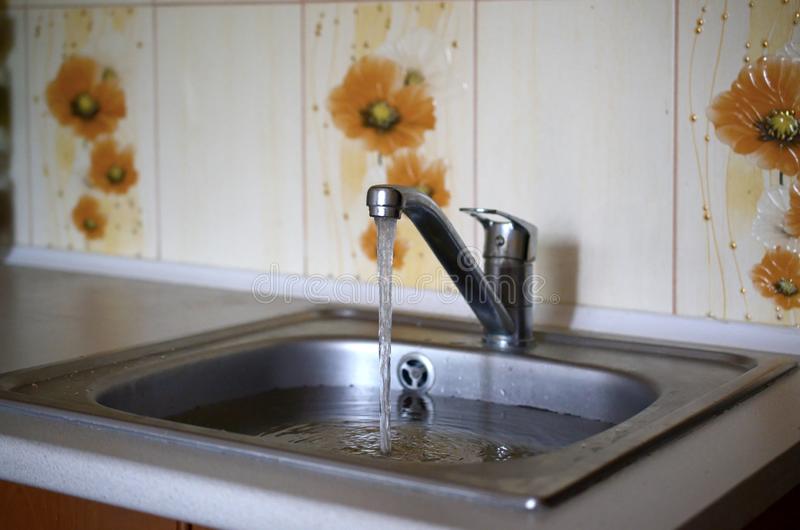








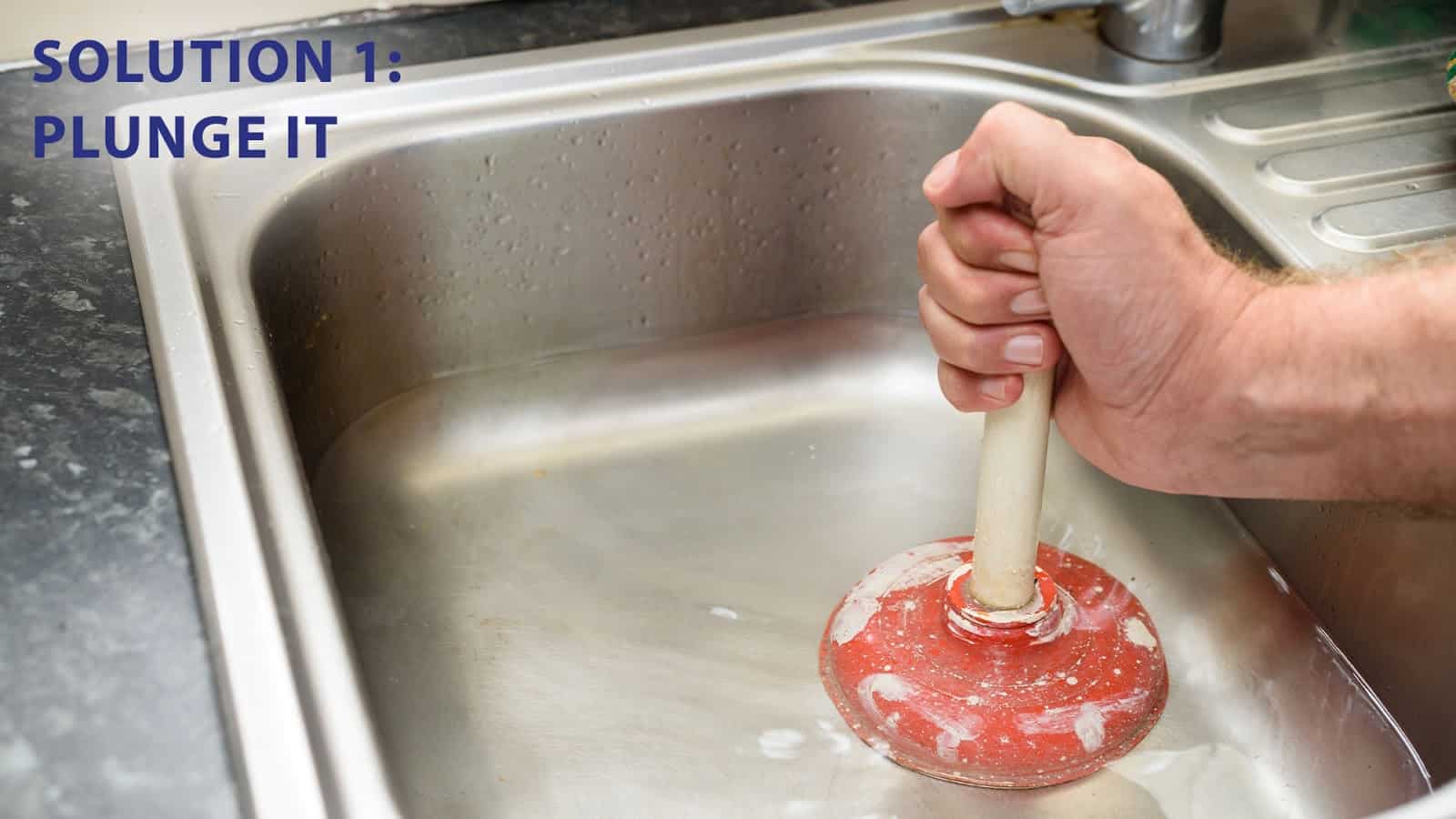




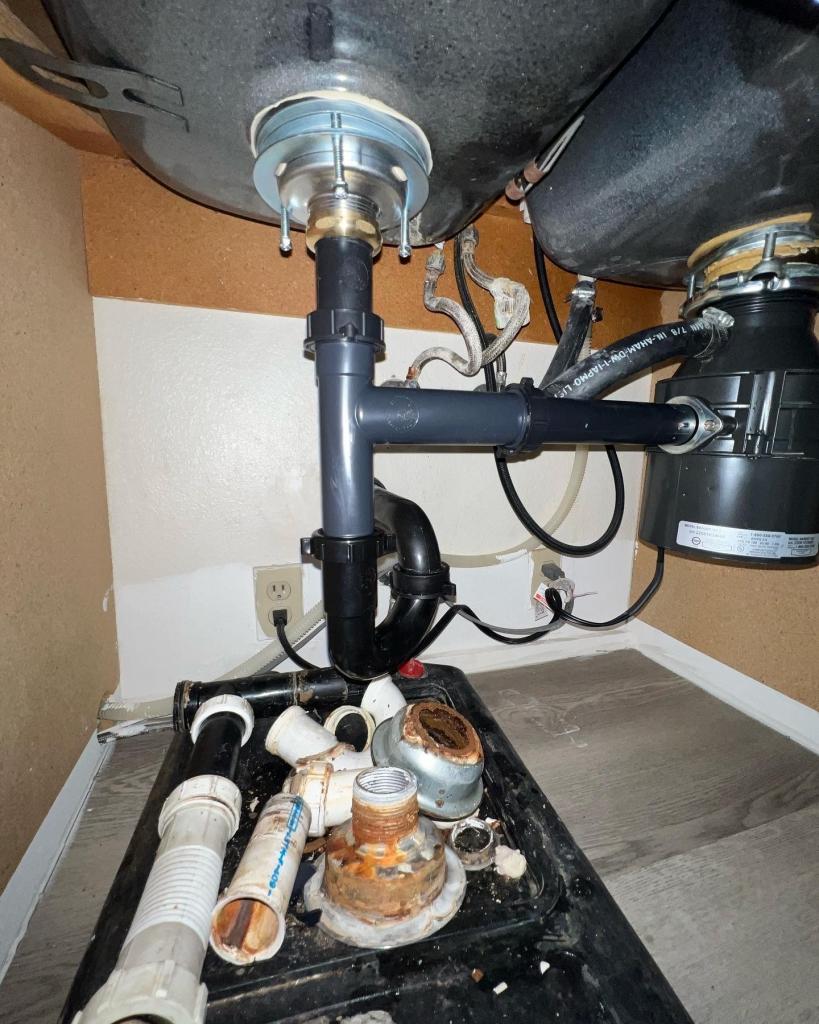



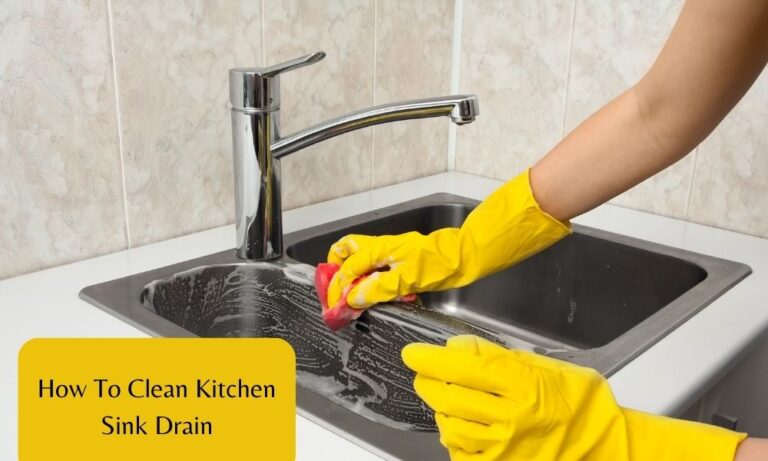







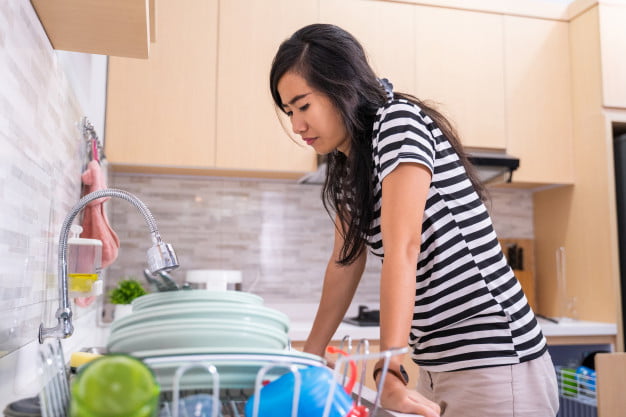







:max_bytes(150000):strip_icc()/freshen-and-unclog-drain-with-baking-soda-1900466-22-bbf940b70afa4d5abef0c54da23b1d3f.jpg)

:max_bytes(150000):strip_icc()/how-to-unclog-a-kitchen-sink-2718799_sketch_FINAL-8c5caa805a69493ab22dfb537c72a1b7.png)












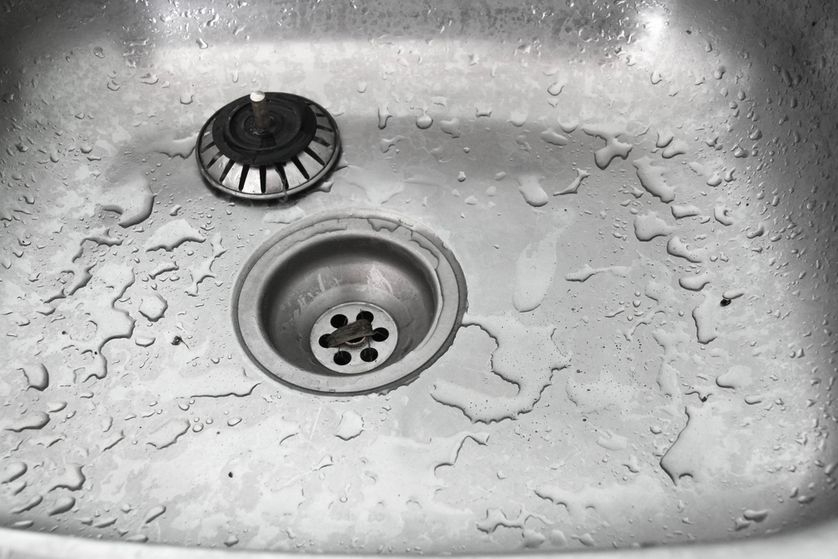





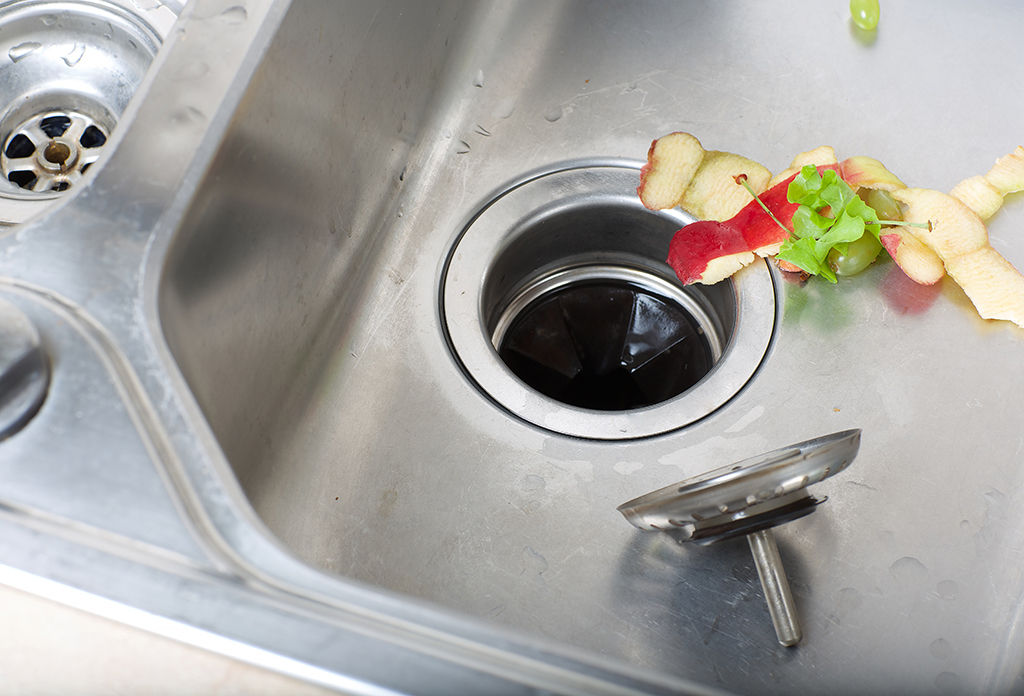
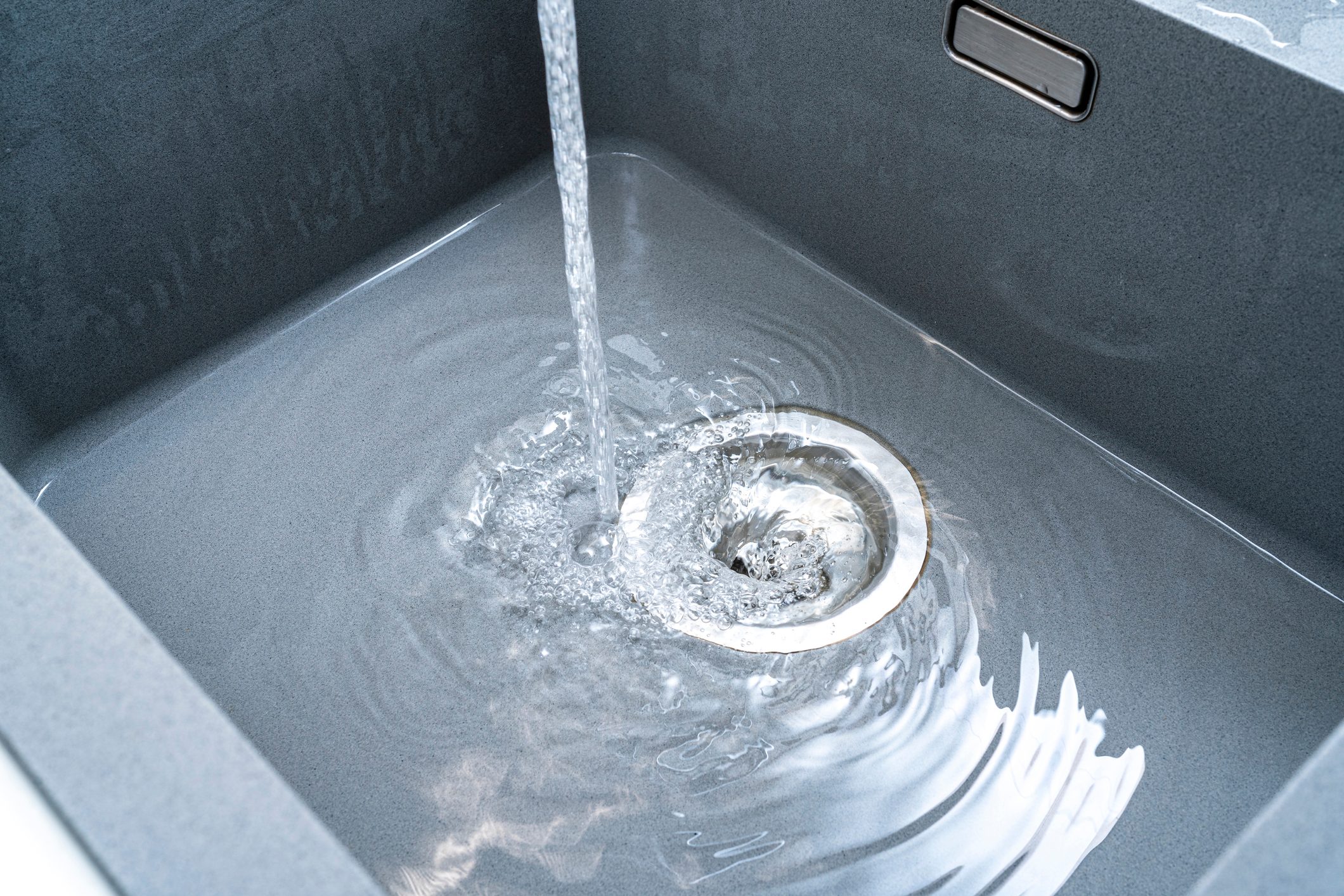
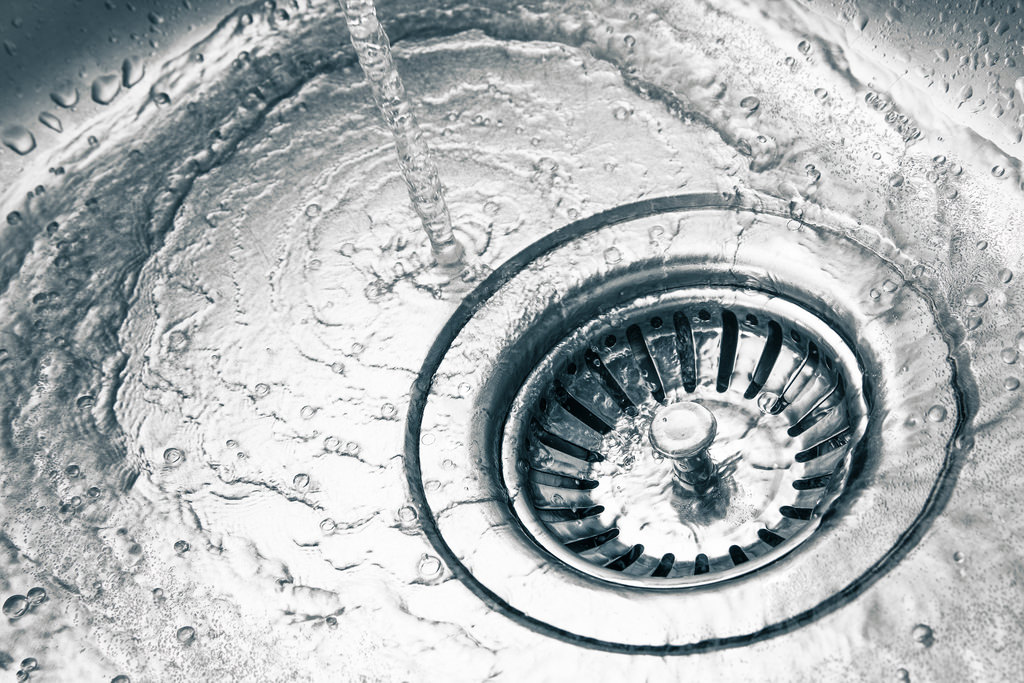
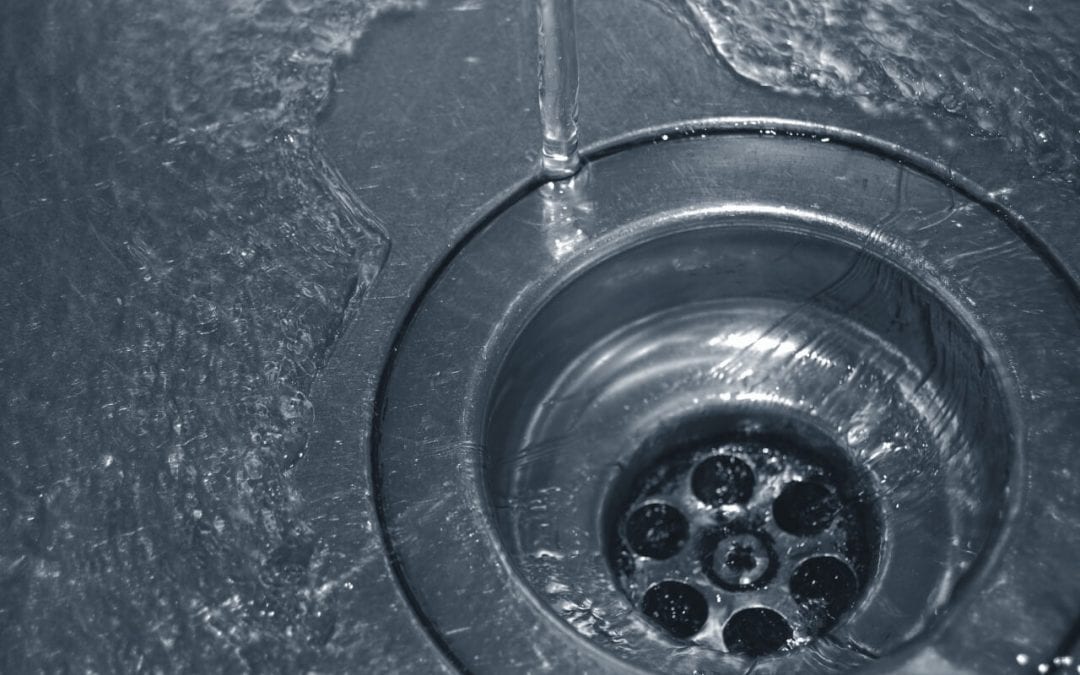










:max_bytes(150000):strip_icc()/how-to-install-a-sink-drain-2718789-hero-24e898006ed94c9593a2a268b57989a3.jpg)
/how-to-install-a-sink-drain-2718789-hero-b5b99f72b5a24bb2ae8364e60539cece.jpg)
